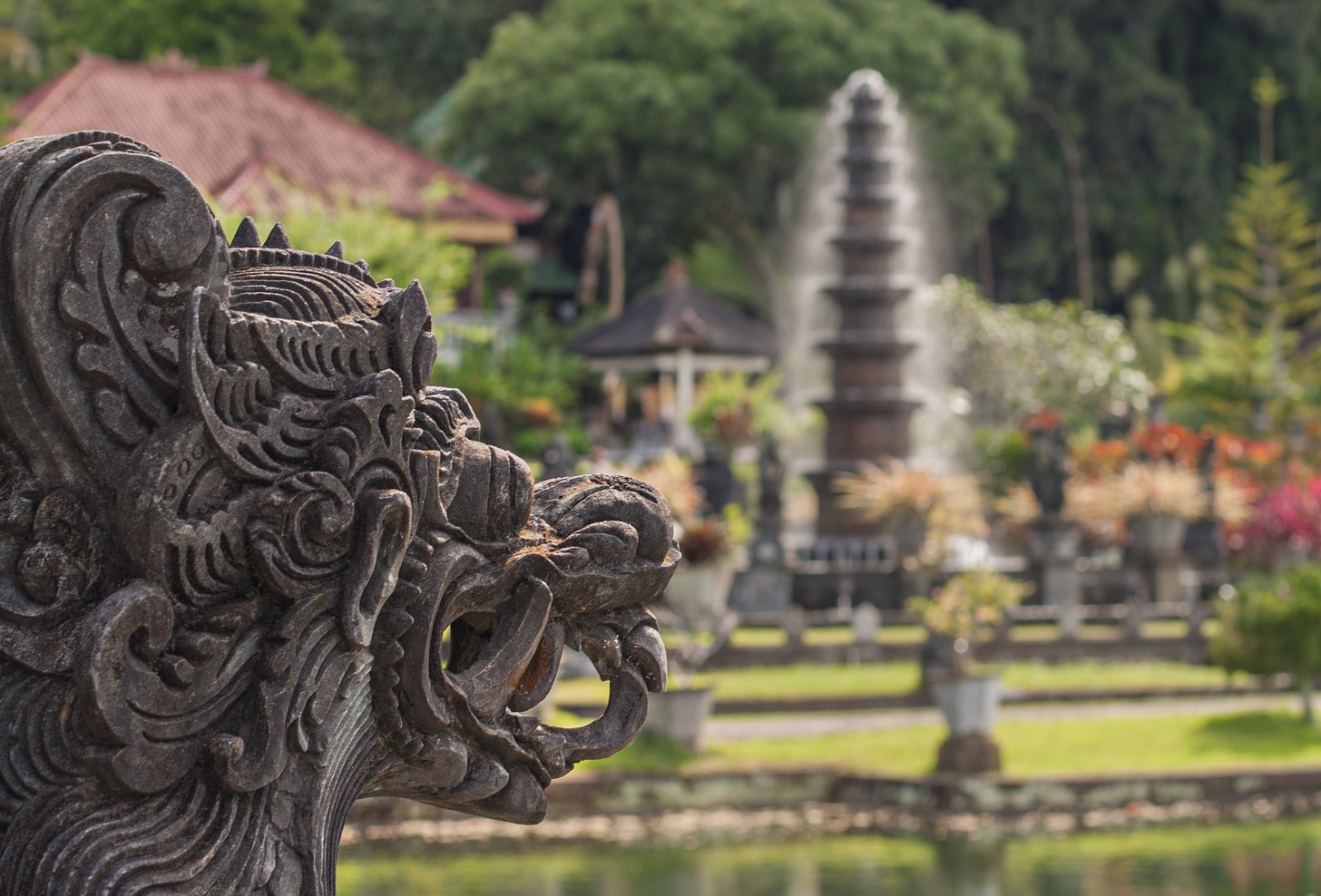News On The Green: Criterion Edition


CC BY Freeman LaFleur, Chronic Stock
Latest Article|September 3, 2020|Free
::Making Grown Men Cry Since 1992


CC BY Freeman LaFleur, Chronic Stock